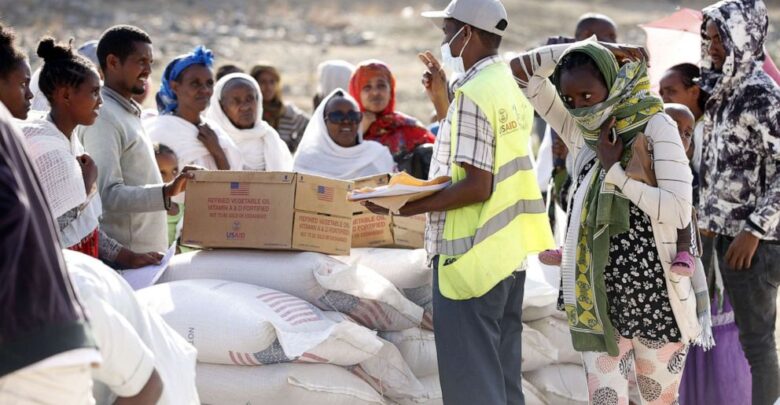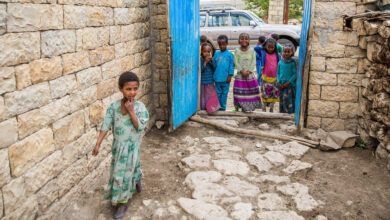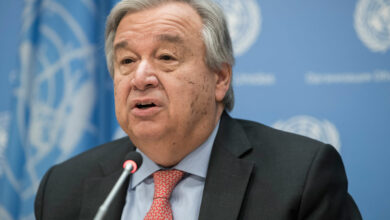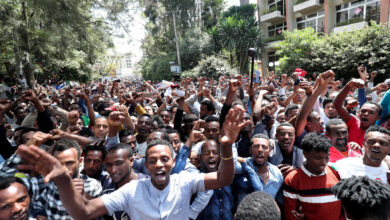Ethiopia
WHO Permitted To Deliver Medical Supplies To Ethiopia’s War-hit Tigray Region

The World Health Organization (WHO) has been allowed to deliver medical supplies to Ethiopia’s war-hit Tigray region, for the first time since July 2021, but a shortage of fuel is hindering the distribution of supplies to health centers, reported ABC News.
In a tweet posted late on Monday, the WHO Director-General Tedros Adhanom Ghebreyesus noted that the aid shipment that has been allowed in amounted to a “small portion” of what is actually needed. He said the global health body calls again for unfettered access to provide humanitarian aid.
The supplies include essential medical equipment, personal protective equipment, antibiotics, medicines for malaria and diabetes, treatment for severe acute malnutrition, and medicines and supplies for reproductive health.
The WHO said the airlift of the supplies through the U.N.’s World Food Program to Mekelle, in Tigray, started on Friday, and they are part of 33.5 metric tons of planned shipments. More shipments are planned this week.
Currently, without access to supplies, health workers are trying to continue to provide health services with almost no medicines or medical equipment.
Months of political tensions between Ethiopian Prime Minister Abiy Ahmed’s government and the Tigray leaders who once dominated Ethiopia’s government resulted in a war in November 2020. The conflict has killed thousands of civilians and displaced millions across three regions in Ethiopia and into neighboring Sudan.
Last year in June, Ethiopia’s government barred almost all access to food aid, medical supplies, cash, and fuel in Tigray.
Last month, the WFP said last month that three-quarters of Tigray’s population of 6 million are “using extreme coping strategies to survive” and more than a third “are suffering an extreme lack of food.”
The WHO called for fuel to be allowed into Tigray urgently, with the support from national authorities and international partners, so that the health agency and partners can meet the humanitarian needs of all those in need.






